In a Deep Dive article into the UAE’s Smart Power strategy, I shared views with Tala Michel Issa for Arabian Business on the country’s business-first approach to diplomacy, drive to build up resilience against external shocks and success in transforming itself into the World’s last few safe havens.
With the recent signing of a flurry of CEPA – Comprehensive Economic Partnership Agreements with the likes of India, Indonesia, Türkiye, Cambodia and Georgia, and more being negotiated in Africa and Latin America, I explained that “The UAE’s recent drive to enter into CEPAs with many new partners should be seen as being part of a wider strategy to assert Smart Power, at the intersection between Hard Power – military and economic power – and Soft Power – culture, technology, diplomacy”.
“In a context of deep reshuffling of geopolitics and geoeconomic cards, strategic re-alignments and new economic and technological paradigms, it is crucial for a nation like the UAE to project Smart Power beyond the MENA region and beyond its own traditional alliances – with the US and Europe particularly”.
I reminded readers that “the rationale behind this focus [on Africa and Latin America] has been the energy transition and decarbonisation, as well as the Gulf nation’s pursuit to becoming a hub for “disruptive innovation.” “[This requires] access to critical raw materials that the UAE needs to obtain from third parties, many of which are to be found in Africa and LATAM”.
“Other neighbouring countries are pushing for the same strategy and the competition is rife for access to these resources. Saudi Arabia is expanding its reach in those same geographies, and so are Qatar, Turkey and Iran. The UAE cannot afford to lose that race”.
Finally, I explained that “The UAE’s recipe for success is not easy to replicate”: a combination of strategic geographic position, transparency and rule of law, safety and a high degree of technological development and connectivity. “There are only a handful of places like these left in the world”, and even Singapore “has now started to suffer from prohibitive operating costs and worrying China overreach.
Read the full article here.
Picture credits: arabianbusiness.com
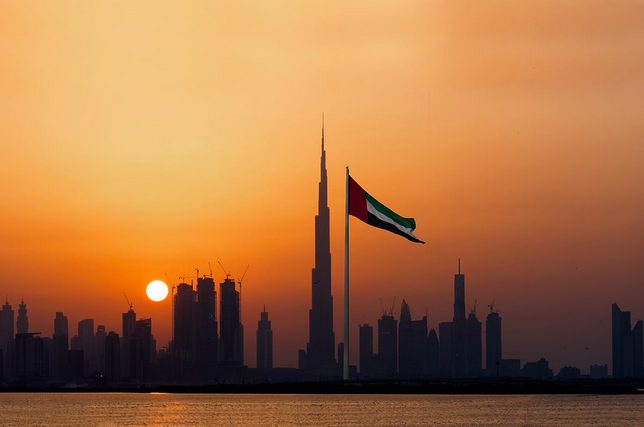
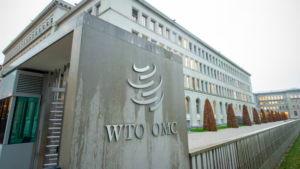
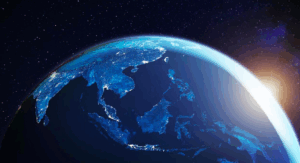
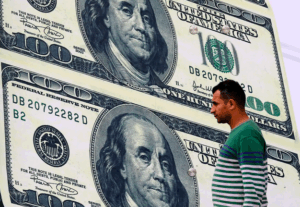
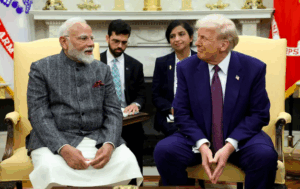
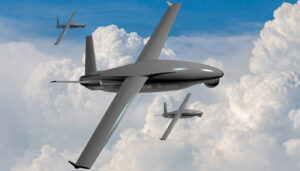
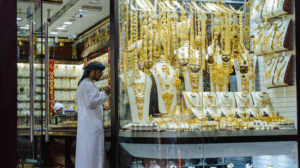
Be First to Comment